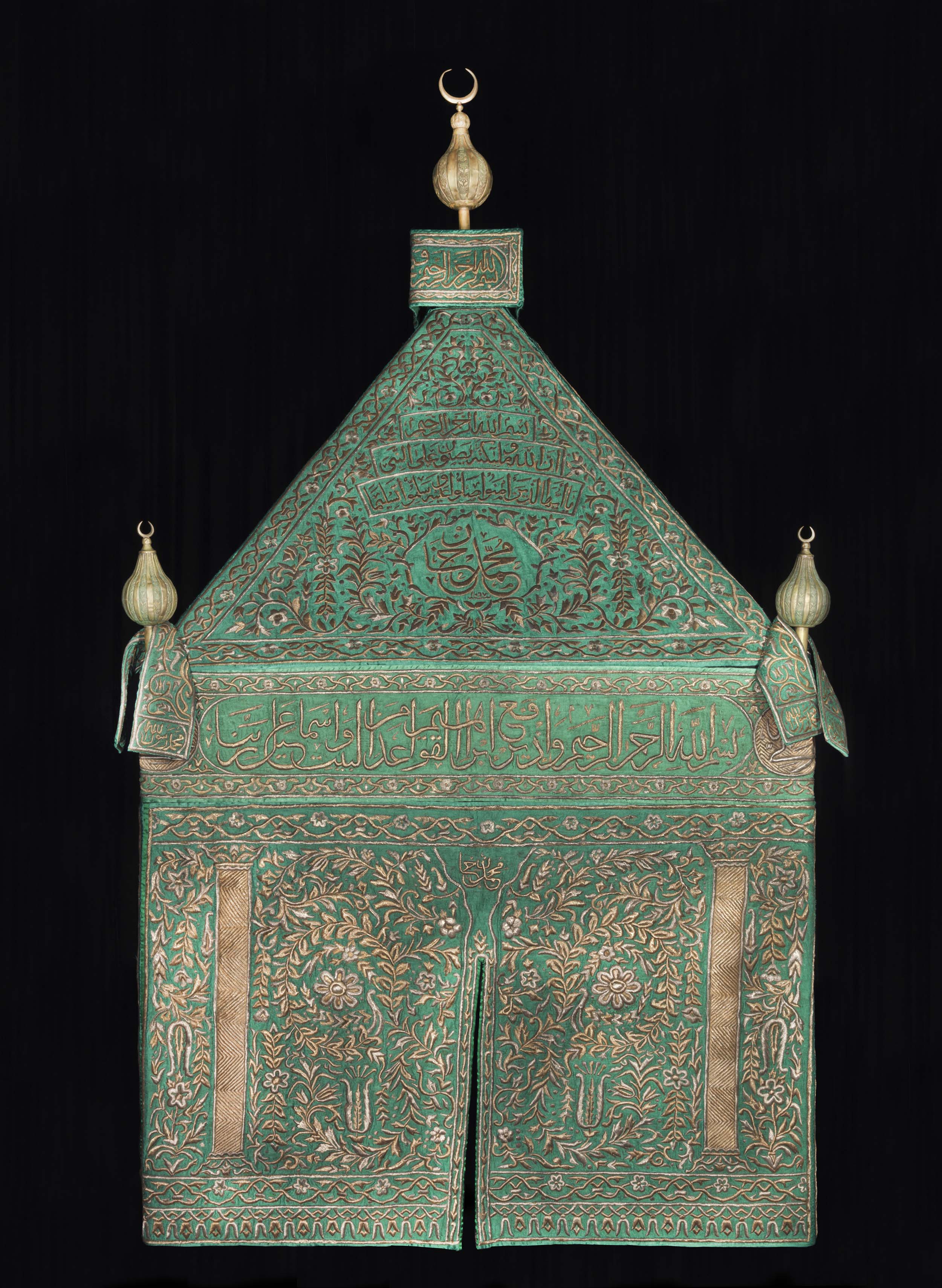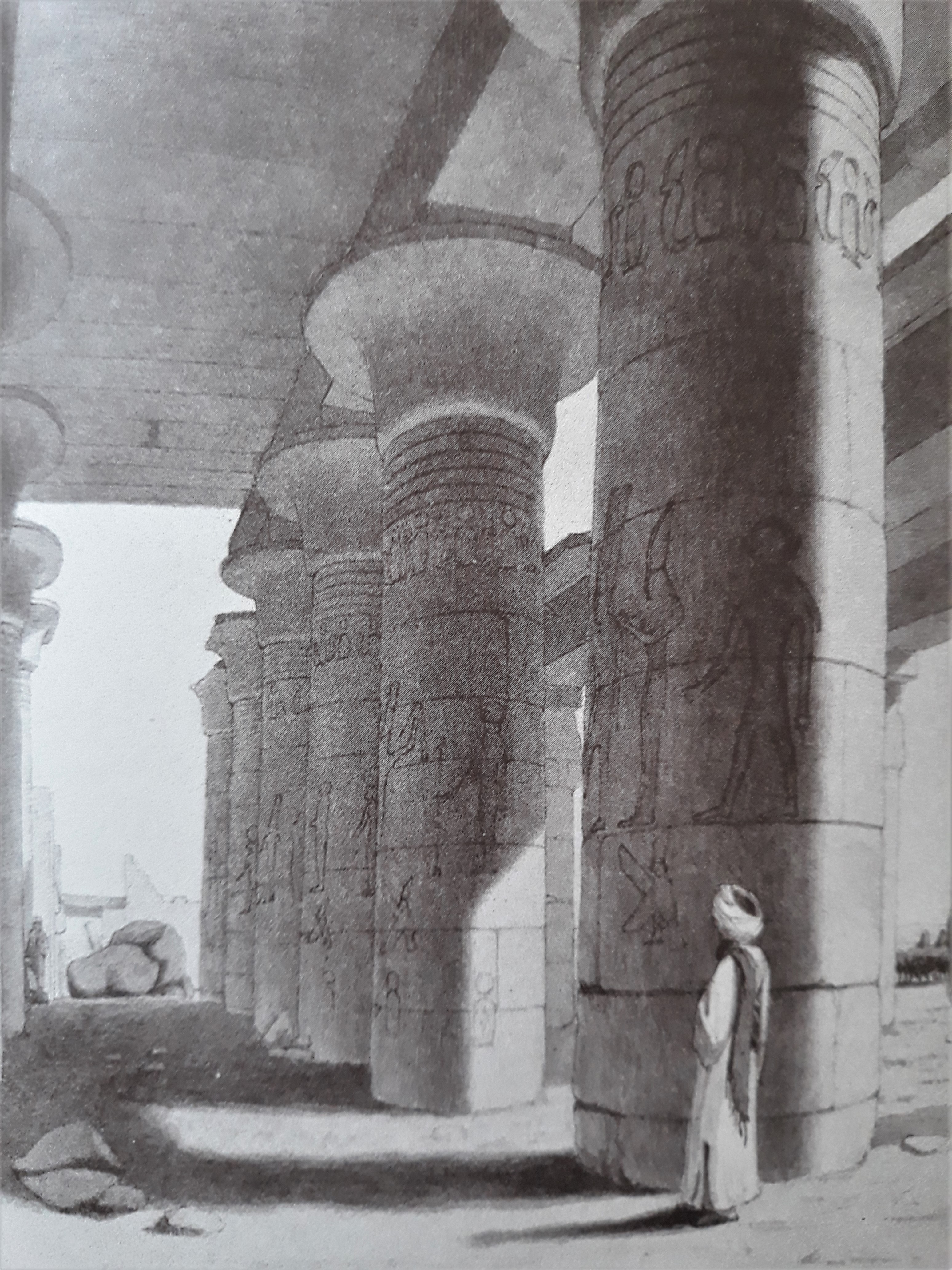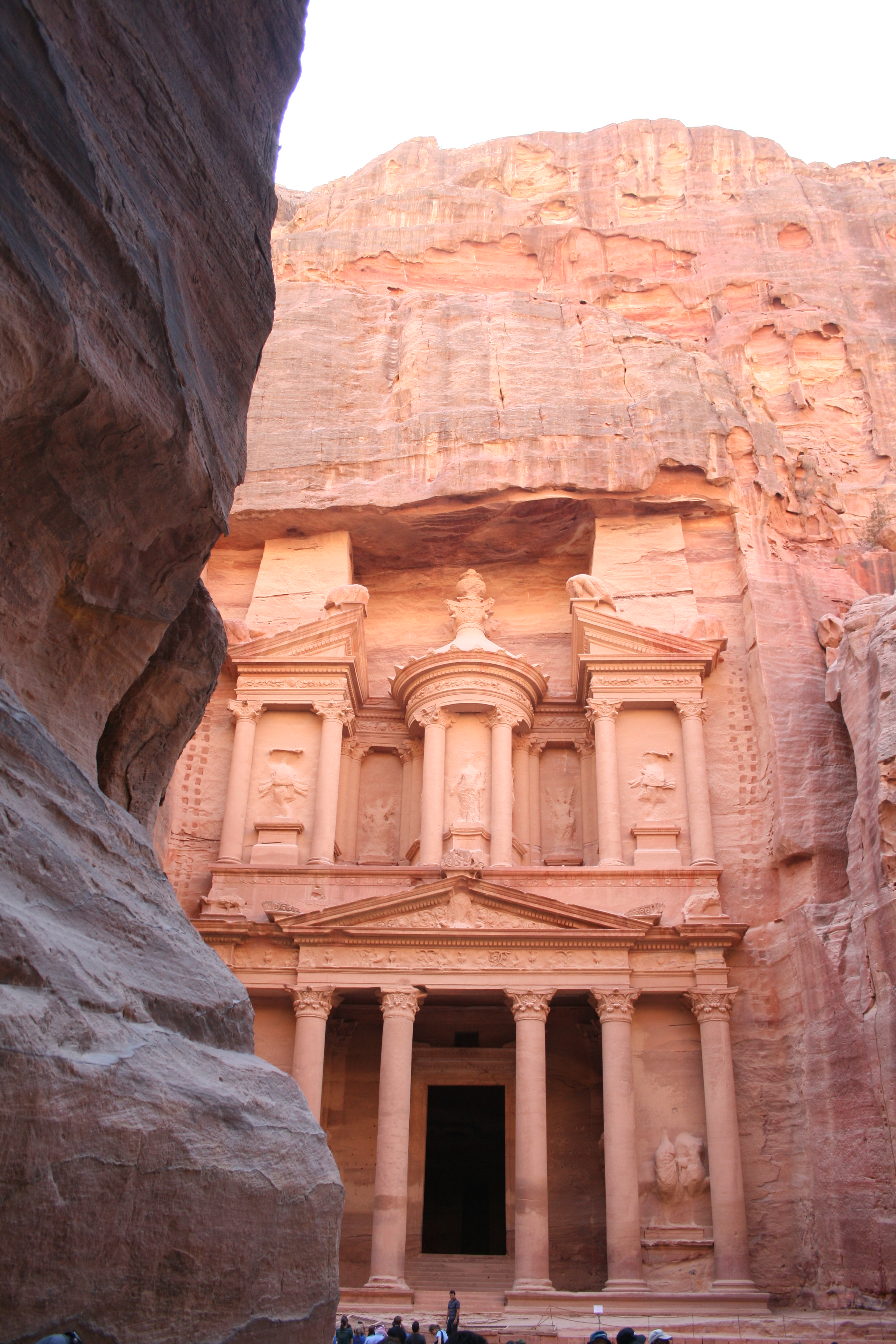|
Mahmal
A mahmal ( ar, مَحْمَل, maḥmal) is a ceremonial passenger-less litter that was carried on a camel among caravans of pilgrims on the Hajj, the pilgrimage to Mecca which is a sacred duty in Islam. It symbolised the political power of the sultans who sent it, demonstrating their custody of Islam's holy sites. Each mahmal had an intricately embroidered textile cover, or ''sitr''. The tradition dates back at least to the 13th century and ended in the mid-20th. There are many descriptions and photographs of mahmals from 19th century observers of the Hajj. History The word "mahmal" comes from the root حمل (''ḥ-m-l'', "''to carry''"). A mahmal consists of a wooden frame made to fit on a camel, with a pointed top. There were textile coverings placed over it: an ornate processional covering and others for everyday use. These coverings are known as the ''kiswah'' or ''sitr al-mahmal''. The earliest surviving covers, from the Mamluk Sultanate, are yellow, but later instances ... [...More Info...] [...Related Items...] OR: [Wikipedia] [Google] [Baidu] |
Anis Al-Hujjaj
The ''Anis Al-Hujjaj'' (''Pilgrim's Companion,'' also transcribed ''Anis ul-Hujjaj'') is a seventeenth-century literary work by Safi ibn Vali, an official of the Mughal Empire, Mughal court in what is now India. Written in Persian language, Persian, it describes the Hajj (the Five Pillars of Islam, pillar of Islam which is the pilgrimage to Mecca and Medina) undertaken by him in 1677 Anno Domini, AD (Hijri year, AH 1088) and it gives advice to pilgrims. Its illustrations depict pilgrims travelling to the holy sites and taking part in the rituals of the Hajj. They are also a visual guide to significant places and people. Summary Ibn Vali was an official in the court of the Mughal emperor Aurangzeb. His Hajj was financially supported by Zeb-un-Nissa, eldest child of Aurangzeb, after ibn Vali wrote for her a commentary on the Quran. He had also, in 1665, written a universal history. After his Hajj, he returned to his job in the court and continued his scholarship into old age. Ib ... [...More Info...] [...Related Items...] OR: [Wikipedia] [Google] [Baidu] |
Khalili Collection Hajj Mahmal Cover
Khalili ( ar, خلیلي) is a common Arabic-based surname, meaning "originating from Al-Khalil also known as Hebron". It is composed of root word Khalil (meaning "companion" or "friend") plus the Arabic suffix "i" meaning "from" or "of". Khalili is also commonly used in Persian, Afghani and other Muslim surnames. Khalili may refer to: Persons Khalili *Abbas Khalili, also known as Abbas al-Khalili (1896–1972), Iraqi-born Iranian diplomat, newspaper publisher * Abdul Khalili (born 1992), full name Abdul Rahman Khalili, Swedish football player of Palestinian origin *Anousheh Khalili (born 1983), Iranian-American singer-songwriter *Aram Khalili Aram Khalili ( fa, آرام خلیلی; born 28 July 1989) is an Iranian professional footballer who plays as a striker for Innstranden. He has represented the Norway U21 team. Early life Born in Bukan, Khalili is of Kurdish descent. He and ... (born 1989), Norwegian football player of Iranian Kurdish origin *Fowzieh Khalili (bo ... [...More Info...] [...Related Items...] OR: [Wikipedia] [Google] [Baidu] |
Asyut
AsyutAlso spelled ''Assiout'' or ''Assiut'' ( ar, أسيوط ' , from ' ) is the capital of the modern Asyut Governorate in Egypt. It was built close to the ancient city of the same name, which is situated nearby. The modern city is located at , while the ancient city is located at . The city is home to one of the largest Coptic Catholic churches in the country. History Names and etymology The name of the city is derived from early Egyptian Zawty (''Z3JW.TJ'') (late Egyptian, Səyáwt) adopted into the Coptic as Syowt , which means "''Guardian''" of the northern approach of Upper Egypt. In Graeco-Roman Egypt, it was called Lycopolis or Lykopolis ( el, Λυκόπολις, ""), ('wolf city') Lycon, or Lyco. Ancient Asyut Ancient Asyut was the capital of the Thirteenth Nome of Upper Egypt (''Lycopolites Nome'') around 3100 BC. It was located on the western bank of the Nile. The two most prominent gods of ancient Egyptian Asyut were Anubis and Wepwawet, both funerary deit ... [...More Info...] [...Related Items...] OR: [Wikipedia] [Google] [Baidu] |
Islamic Terminology
The following list consists of notable concepts that are derived from Islamic and associated cultural (Arab, Persian, Turkish) traditions, which are expressed as words in Arabic or Persian language. The main purpose of this list is to disambiguate multiple spellings, to make note of spellings no longer in use for these concepts, to define the concept in one or two lines, to make it easy for one to find and pin down specific concepts, and to provide a guide to unique concepts of Islam all in one place. Separating concepts in Islam from concepts specific to Arab culture, or from the language itself, can be difficult. Many Arabic concepts have an Arabic secular meaning as well as an Islamic meaning. One example is the concept of dawah. Arabic, like all languages, contains words whose meanings differ across various contexts. Arabic is written in its own alphabet, with letters, symbols, and orthographic conventions that do not have exact equivalents in the Latin alphabet (see Ar ... [...More Info...] [...Related Items...] OR: [Wikipedia] [Google] [Baidu] |
Richard Dalton (librarian)
Richard Dalton (c. 1715 - 1791) was an English draughtsman, engraver, and royal librarian. He later became an art dealer. Life Born about 1715, he was the younger son of the Rev. John Dalton of Whitehaven in Cumberland; John Dalton, D.D., the poet, was his elder brother. He trained as an artist, and went to Rome to pursue his studies. In 1749 Dalton travelled with Roger Kynaston and John Frederick to Naples, South Italy, and Sicily, where they joined a party consisting of James Caulfeild, 1st Earl of Charlemont, Francis Pierpoint Burton, and others. Dalton then accompanied Charlemont on his tour to Constantinople, Greece, and Egypt. Dalton managed to obtain the position of librarian to George III when the future king was Prince of Wales, and, after the king's accession, continued in his post through the favour of the Earl of Bute. He was subsequently appointed keeper of the pictures, and antiquarian to his majesty. Dalton was sent abroad to purchase works of art for the king, ... [...More Info...] [...Related Items...] OR: [Wikipedia] [Google] [Baidu] |
Suez Canal
The Suez Canal ( arz, قَنَاةُ ٱلسُّوَيْسِ, ') is an artificial sea-level waterway in Egypt, connecting the Mediterranean Sea to the Red Sea through the Isthmus of Suez and dividing Africa and Asia. The long canal is a popular trade route between Europe and Asia. In 1858, Ferdinand de Lesseps formed the Suez Canal Company for the express purpose of building the canal. Construction of the canal lasted from 1859 to 1869. The canal officially opened on 17 November 1869. It offers vessels a direct route between the North Atlantic and northern Indian oceans via the Mediterranean Sea and the Red Sea, avoiding the South Atlantic and southern Indian oceans and reducing the journey distance from the Arabian Sea to London by approximately , or 10 days at to 8 days at . The canal extends from the northern terminus of Port Said to the southern terminus of Port Tewfik at the city of Suez. In 2021, more than 20,600 vessels traversed the canal (an average of 56 per day). T ... [...More Info...] [...Related Items...] OR: [Wikipedia] [Google] [Baidu] |
Edward William Lane
Edward William Lane (17 September 1801 – 10 August 1876) was a British orientalist, translator and lexicographer. He is known for his ''Manners and Customs of the Modern Egyptians'' and the '' Arabic-English Lexicon,'' as well as his translations of ''One Thousand and One Nights'' and ''Selections from the Kur-án''. During his lifetime, Lane also wrote a detailed account of Egypt and the country's ancient sites, but the book, titled ''Description of Egypt,'' was published posthumously. It was first published by the American University in Cairo Press in 2000 and has been republished several times since then. Early years Lane was born at Hereford, England, the third son of the Rev. Dr Theopilus Lane, and grand-nephew of Thomas Gainsborough on his mother's side. After his father's death in 1814, Lane was sent to grammar school at Bath and then Hereford, where he showed a talent for mathematics. He visited Cambridge, but did not enrol in any of its colleges. Instead, Lane joi ... [...More Info...] [...Related Items...] OR: [Wikipedia] [Google] [Baidu] |
John Lewis Burckhardt
Johann Ludwig (also known as John Lewis, Jean Louis) Burckhardt (24 November 1784 – 15 October 1817) was a Swiss traveller, geographer and Orientalist. Burckhardt assumed the alias ''Sheikh Ibrahim Ibn Abdallah'' during his travels in Arabia. He wrote his letters in French and signed '' Louis''. He is best known for rediscovering the ruins of the ancient Nabataean city of Petra in Jordan. Youth and early travels Burckhardt was born on 24 November 1784 in Lausanne, Switzerland to a wealthy Basel family of silk merchants, the Burckhardt family. His father was named Rudolf, son of Gedeon Burckhardt, an affluent silk ribbon manufacturer; his mother, Sara Rohner, was Rudolf's second wife following a brief marriage to the daughter of the mayor of Basel which ended in divorce. After studying at the universities of Leipzig and Göttingen, he travelled to England in the summer of 1806 with goal of obtaining employment in the civil service. Unsuccessful, he took employment with the Afr ... [...More Info...] [...Related Items...] OR: [Wikipedia] [Google] [Baidu] |
Sultana (title)
Sultana or sultanah (; ar, سلطانة ') is a female royal title, and the feminine form of the word sultan. This term has been officially used for female monarchs in some Islamic states, and historically it was also used for sultan's consorts. Nomenclature The term ''sultana'' is the feminine form of the word sultan ( ar, سلطان), an Arabic abstract noun meaning "strength", "authority", "rulership", derived from the verbal noun ', meaning "authority" or "power". Later, sultan came to be used as the title of certain rulers who claimed almost full sovereignty in practical terms, albeit without claiming the overall caliphate, or to refer to a powerful governor of a province within the caliphate. Usage Ruling sultana Some Muslim female monarchs chose to adopt the title of Sultana/Sultanah when they ascended to the throne. Africa In Comoros, there have been several ruling sultanas. Shajar al-Durr became the ruling sultana of Egypt on May 1250. South Asia Razia Sulta ... [...More Info...] [...Related Items...] OR: [Wikipedia] [Google] [Baidu] |
Shajar Al-Durr
Shajar al-Durr ( ar, شجر الدر, lit=Tree of Pearls), also Shajarat al-Durr (), whose royal name was al-Malika ʿAṣmat ad-Dīn ʾUmm-Khalīl Shajar ad-Durr (; from her nickname , 'mother of Khalil'; died 28 April 1257), was a ruler of Egypt. She was the wife of As-Salih Ayyub, and later of Izz al-Din Aybak, the first sultan of the Mamluk Bahri dynasty. Prior to becoming Ayyub's wife, she was a child slave and Ayyub's concubine. In political affairs, Shajar al-Durr played a crucial role after the death of her first husband during the Seventh Crusade against Egypt (1249–1250 AD). She became the sultana of Egypt on 2 May 1250, marking the end of the Ayyubid reign and the start of the Mamluk era. There are several theories about the ethnic roots of Shajar al-Durr. Many Muslim historians believed that she was of either Bedouin, Circassian, Greek or Turkic origin and some believed that she was of Armenian origin. Title Several sources assert that Shajar al-Durr took t ... [...More Info...] [...Related Items...] OR: [Wikipedia] [Google] [Baidu] |
Muhammad
Muhammad ( ar, مُحَمَّد; 570 – 8 June 632 Common Era, CE) was an Arab religious, social, and political leader and the founder of Islam. According to Muhammad in Islam, Islamic doctrine, he was a prophet Divine inspiration, divinely inspired to preach and confirm the tawhid, monotheistic teachings of Adam in Islam, Adam, Abraham in Islam, Abraham, Moses in Islam, Moses, Jesus in Islam, Jesus, and other Prophets and messengers in Islam, prophets. He is believed to be the Seal of the Prophets within Islam. Muhammad united Arabian Peninsula, Arabia into a single Muslim polity, with the Quran as well as his teachings and practices forming the basis of Islamic religious belief. Muhammad was born approximately 570CE in Mecca. He was the son of Abdullah ibn Abd al-Muttalib and Amina bint Wahb. His father Abdullah was the son of Quraysh tribal leader Abd al-Muttalib ibn Hashim, and he died a few months before Muhammad's birth. His mother Amina died when he was six, lea ... [...More Info...] [...Related Items...] OR: [Wikipedia] [Google] [Baidu] |
Evliya Çelebi
Derviş Mehmed Zillî (25 March 1611 – 1682), known as Evliya Çelebi ( ota, اوليا چلبى), was an Ottoman explorer who travelled through the territory of the Ottoman Empire and neighboring lands over a period of forty years, recording his commentary in a travelogue called the '' Seyâhatnâme'' ("Book of Travel"). The name Çelebi is an honorific title meaning "gentleman" or "man of God" (see pre-1934 Turkish naming conventions). Life Evliya Çelebi was born in Constantinople in 1611 to a wealthy family from Kütahya. Both his parents were attached to the Ottoman court, his father, Derviş Mehmed Zilli, as a jeweller, and his mother as an Abkhazian relation of the grand vizier Melek Ahmed Pasha. In his book, Evliya Çelebi traces his paternal genealogy back to Ahmad Yasawi, an early Sufi mystic. Evliya Çelebi received a court education from the Imperial ''ulama'' (scholars). He may have joined the Gulshani Sufi order, as he shows an intimate knowledge of their ... [...More Info...] [...Related Items...] OR: [Wikipedia] [Google] [Baidu] |







